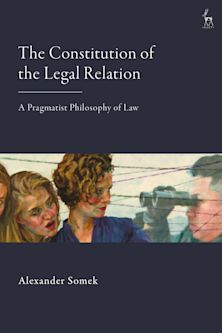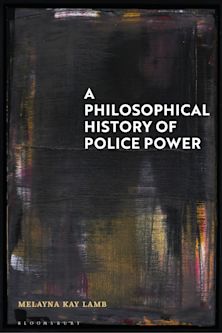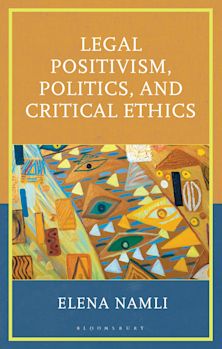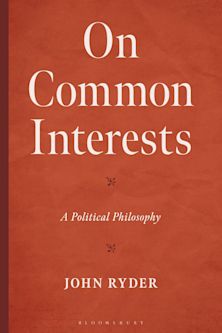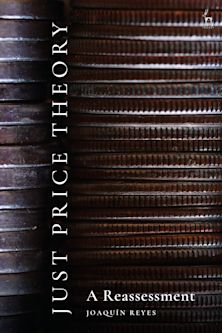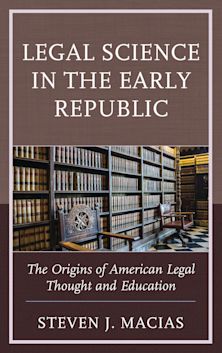This product is usually dispatched within 3 days
- Delivery and returns info
-
Free US delivery on orders $35 or over
Description
Public Reason and Political Community defends the liberal ideal of public reason against its critics, but as a form of moral compromise for the sake of civic friendship rather than as a consequence of respect for persons as moral agents.
At the heart of the principle of public justification is an idealized unanimity requirement, which can be framed in at least two different ways. Is it our reasons for political decisions that have to be unanimously acceptable to qualified points of view, otherwise we exclude them from deliberation, or is it coercive state action that must be unanimously acceptable, otherwise we default to not having a common rule or policy, on the issue at hand? Andrew Lister explores the 'anti-perfectionist dilemma' that results from this ambiguity. He defends the reasons model on grounds of the value of political community, and applies it to recent debates about marriage.
Table of Contents
1. Public Reason in Practice and Theory
2. False Starts: Unsuccessful Justifications of Public Reason
3. Respect for Persons as a Constraint on Coercion
4. The Higher-Order Unanimity Escape Clause
5. Civic Friendship as a Constraint on Reasons for Decision
6. Public Reason and (Same-Sex) Marriage
7. Conclusion
Notes
Bibliography
Index
Product details

| Published | Aug 25 2016 |
|---|---|
| Format | Paperback |
| Edition | 1st |
| Extent | 248 |
| ISBN | 9781350005389 |
| Imprint | Bloomsbury Academic |
| Illustrations | 2 illus |
| Dimensions | 9 x 6 inches |
| Series | Bloomsbury Research in Political Philosophy |
| Publisher | Bloomsbury Publishing |
Reviews

ONLINE RESOURCES
Bloomsbury Collections
This book is available on Bloomsbury Collections where your library has access.












